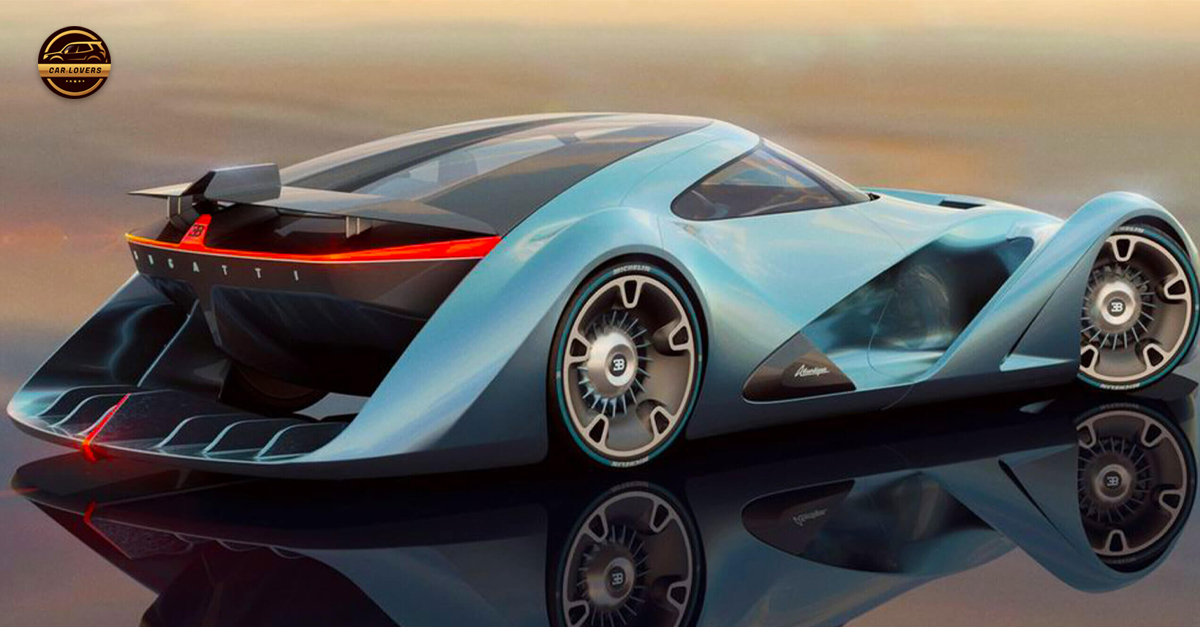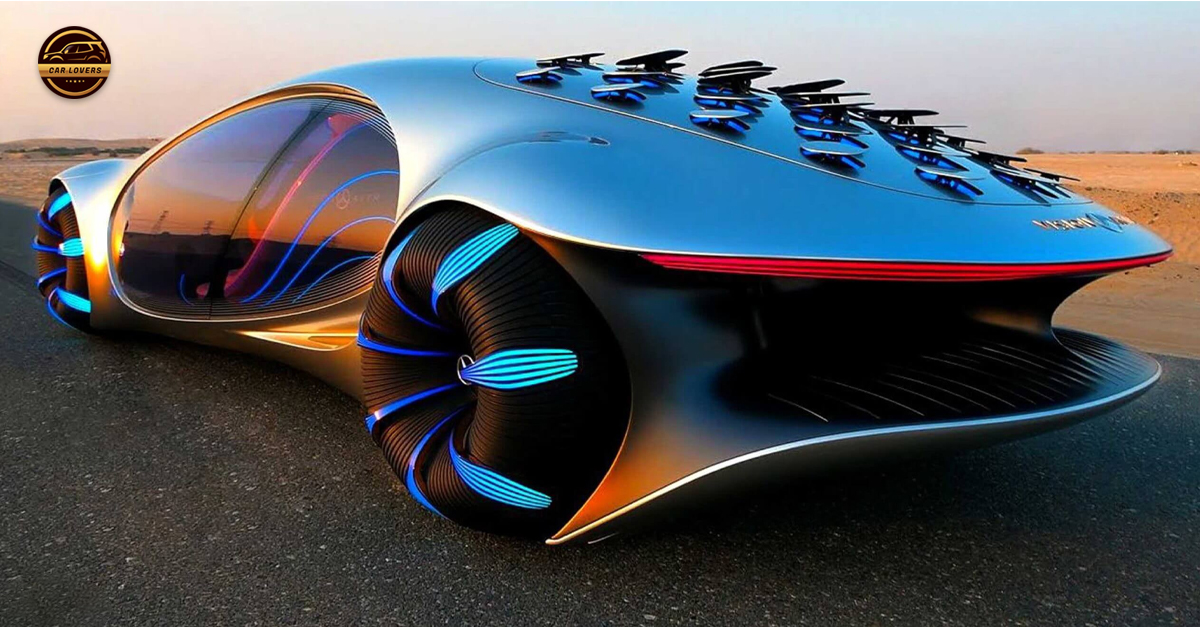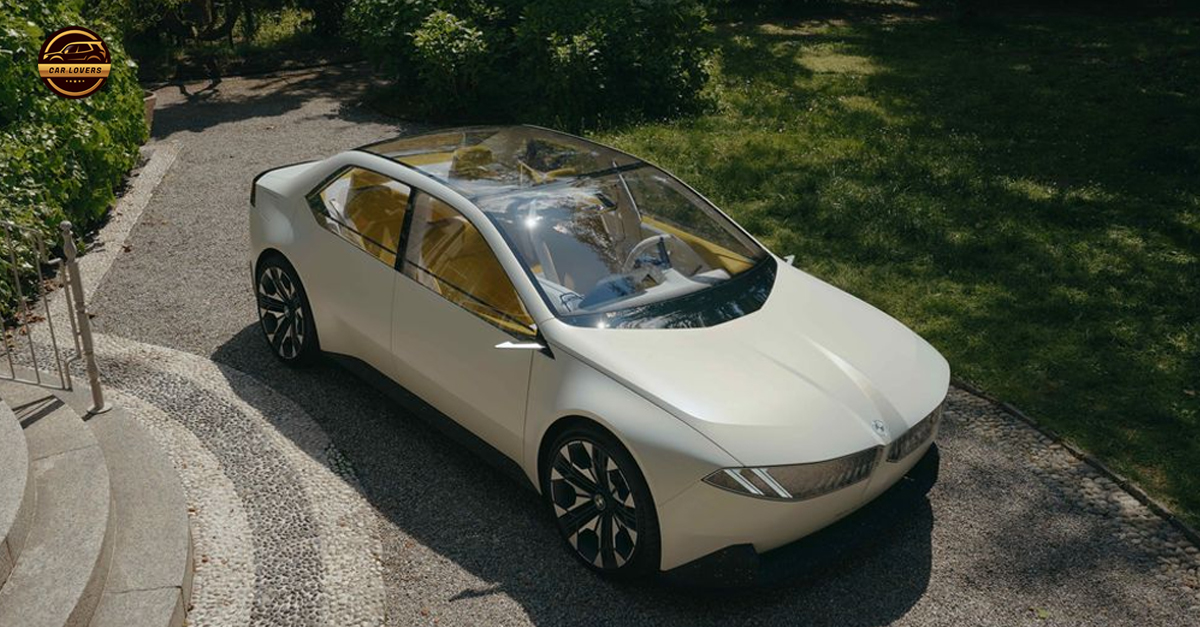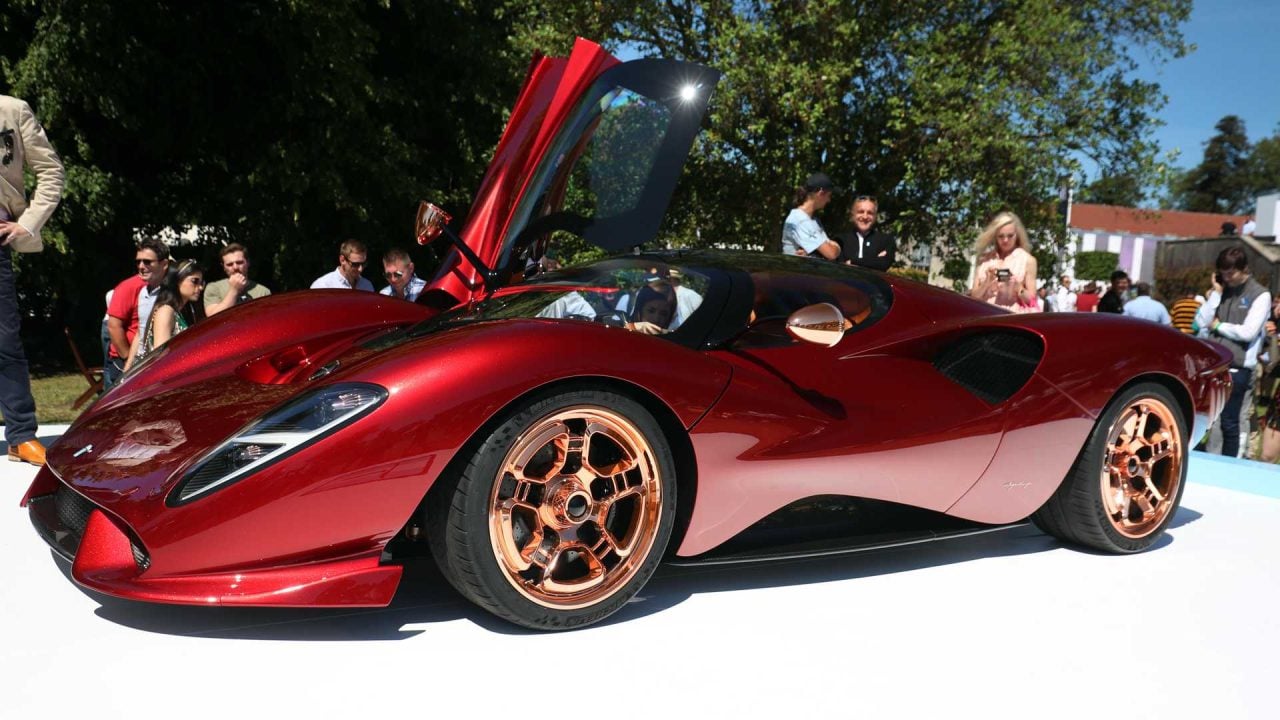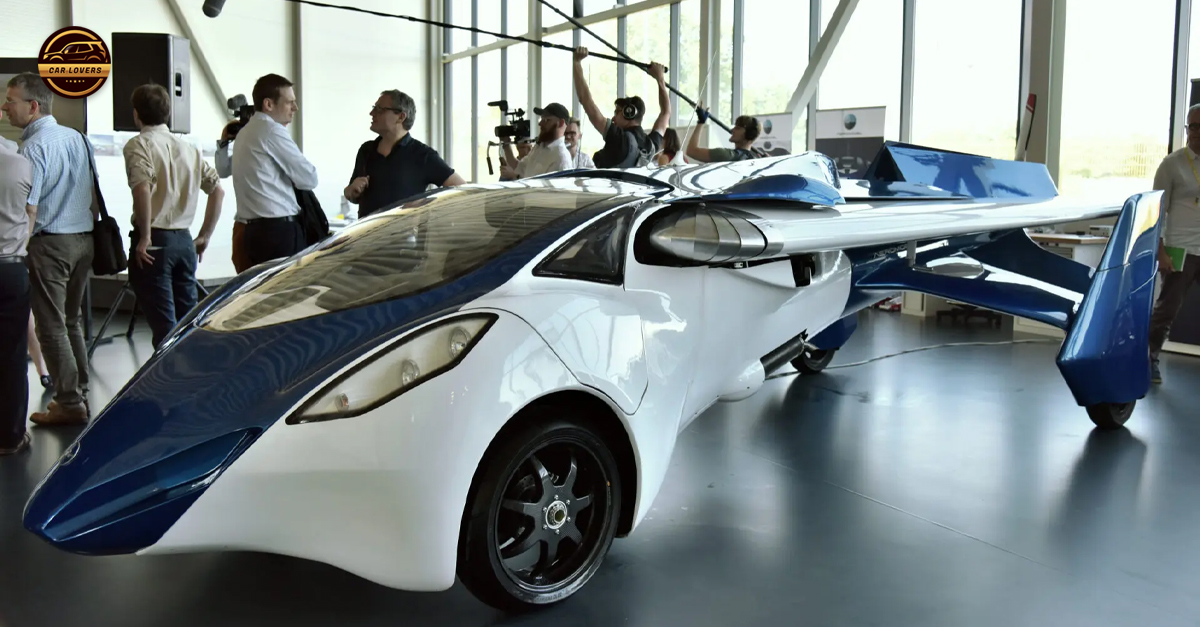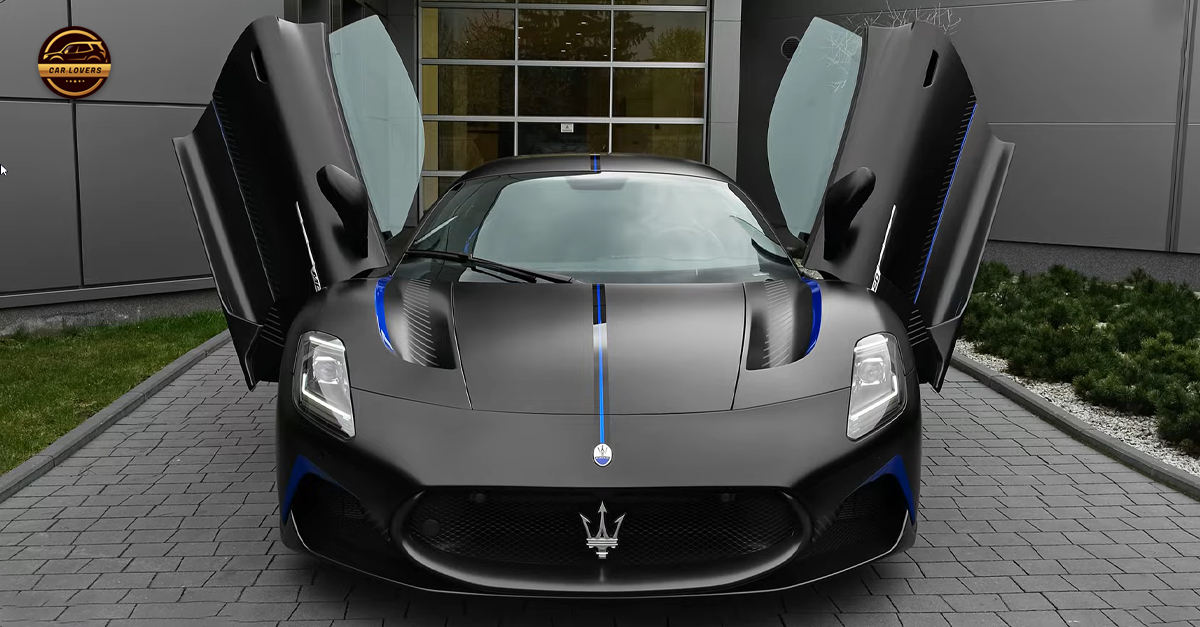The automotive market is littered with gentle euphemisms dreamed up by advertisers. Cars are “personal mobility solutions” and radar cruise control is “semi-autonomous driving assistance.” Straight talk remains elusive.

Ford has something for those of us exhausted by parsing through Madison Avenue’s pleasantries, luckily. The new Ranger Raptor pickup is as subtle as a punch in the gut, and loud enough to herald the apocalypse.

| Quick Specs | 2024 Ford Ranger Raptor |
| Engine | Twin-Turbo 3.0-Liter V-6 |
| Output | 405 Horsepower / 430 Pound-Feet |
| Ground Clearance | 10.7 Inches |
| Curb Weight | 5,325 Pounds |
| Base Price | $56,960 |
| On-Sale Date | Now |
The Ranger Raptor was offered around the globe for the last half decade, but it’s new to American buyers for 2024. The same formula from its larger (and incredibly popular) siblings, the F-150 and Bronco Raptor, trickles down. The Raptor recipe calls for a heaping dose of power, dune-tuned suspension, the biggest A/Ts that’ll fit under the fenders, and a shot of testosterone to the styling.
The Ranger’s Raptorfication gives Ford two mid-size superlatives: a 3.0-liter twin-turbo V-6 producing 405 horsepower (the most power of any mid-size truck you can buy today) and a 10-speed automatic transmission (the most gears of any mid-size truck available today).

Stylistically, the Ranger Raptor looks like it has something to prove to its bigger siblings . The “FORD” across the front grille runs virtually the entire 79.0-inch width of the truck. The massive fender flares—installed to shield the Raptor’s extra 3.5 inches of track width—are so juiced, they could make Barry Bonds blush.
Under that bulk sits a set of 33-inch BFGoodrich K03 A/Ts wrapped around (optional) beadlock-capable wheels, perched outboard of Fox suspension with electronically adjustable internal bypass dampers and external fluid reservoirs. The Bronco and F-150 Raptor will not be bullying their little brother any time soon.

If you think the exterior looks aggressive, you haven’t seen anything yet. Every surface of the cabin is highlighted in eye-searing ‘Code Orange,” including the heavily-bolstered front seats. A 12.0-inch portrait touchscreen sits in the center of the microsuede-padded dash; The driver gets a 12.4-inch digital gauge cluster. The steering wheel and center console are coated in buttons that make the Ranger handle rowdier, including a dedicated button for “Raptor Mode”.
Taken as a whole, the interior is, frankly, off-putting. The center touchscreen runs Ford’s Sync 4 infotainment, which is quick and easy to navigate, but there’s nowhere to rest your hand—either on the screen or the side of the dash—when actually using it. Reaching for functions on the bottom of the screen—such as seat heaters—is wildly distracting while driving. The microsuede dash and upper door sill padding are out of place: soft-touch surfaces that can’t wipe down easily are nonsensical in a Baja-runner, and they look tacked-on to boot.
The Code Orange trim, represented nowhere on the exterior, is jarring and calls attention to how plasticky the dash looks. I much prefer the appearance of the rugged new Tacoma or the slickly minimalist Colorado’s interior, which are both more usable to boot.
If you can get past the orange vents and make it out to the trail, the Raptor’s aggression is justified. At high speed with traction control off, kicking the back end—and a truckload of stones—out was a cinch to control with judicious application of the throttle. The suspension in Baja Mode cossets body motions enough to soak up dips and potholes without allowing excessive roll or float. The steering is heavy in Baja mode, but it’s precise and easily adjusted mid-slide, which gave me confidence the moment I flicked the Raptor’s rear end out.
While it doesn’t feel vastly faster than its competition in a straight line, the Raptor’s paddle shifters dictate forceful, immediate shifts. The instant torque supplied via the turbochargers’ anti-lag system makes sliding through the dirt an absolute riot. With the exhaust silencers opened up, the V-6 sounds practically straight-piped. It’s not a particularly mellifluous exhaust note, but it makes up for a lack of character in sheer volume. It’s like Vaughn Gittin Jr’s drift-Mustang—on 33s. For hooligan activity at high speed, this truck is hard to beat.

None of the obstacles on the test course were difficult enough to challenge the Ranger Raptor’s low-speed crawling chops (the biggest obstacle was easily tackled by a Honda Ridgeline). The Ford has front and rear locking differentials and a Rock Crawl mode, though, so it could have done more; The question left unanswered is ‘how much more?’ Moab slickrock isn’t the Ranger Raptor’s native turf; Its approach angle of 33.0 degrees trails all of its mid-size competitors, and its 24.2-degree breakover angle is inferior to both the Colorado ZR2 and the Tacoma TRD Pro. While Ford does offer Ranger Raptor-specific skid plates for sensitive components, the gas tank’s shield is a piece of plastic and the transmission is completely unshielded, which would make me anxious in hardcore rock-crawling scenarios. It was still more than enough to make quick work of some steep muddy hills.
On pavement, the Ranger Raptor doesn’t calm down much, no matter what mode it’s in. Tire noise is prominent, and steering on-center has six or seven degrees of play—not overly sloppy, but noticeable. The suspension, even in fully relaxed mode, stays stiff and delivers typical body-on-frame truck jolts on big potholes. The steering is heavier than bismuth, even at its calmest setting. This is expected for a truck on 33-inch all-terrains, but the Raptor’s fiercest competitor—the Colorado ZR2—is freakishly civilized on-road for the class, and it makes the Ranger feel uncouth in comparison.

None of this changes the fact that if you want the most powerful mid-size truck, there is no substitute; the Colorado ZR2, for all its domestication, still comes up 95 horsepower short of the Ranger Raptor. It’s lacking in manners, but the Raptor is your best bet for taming the Wild West.
